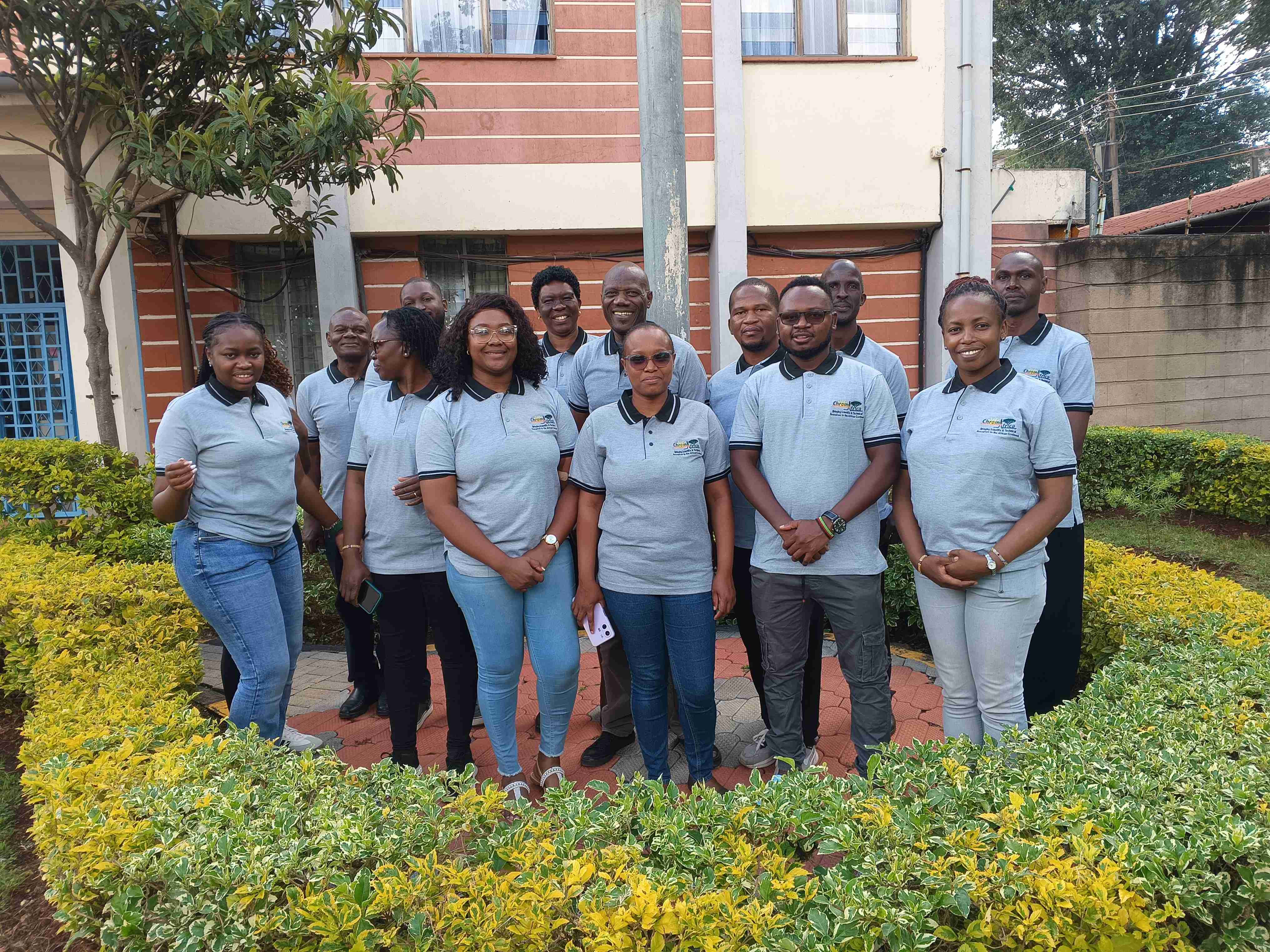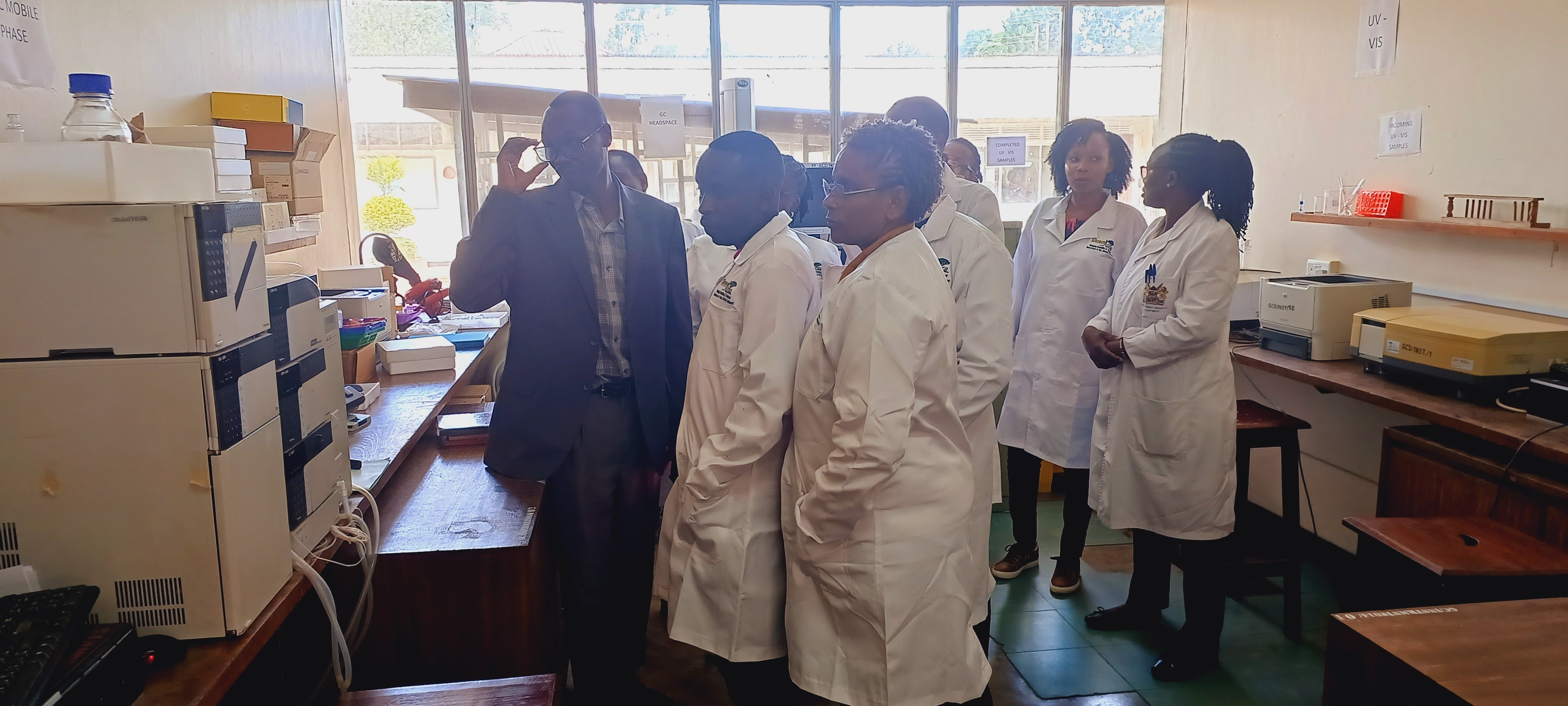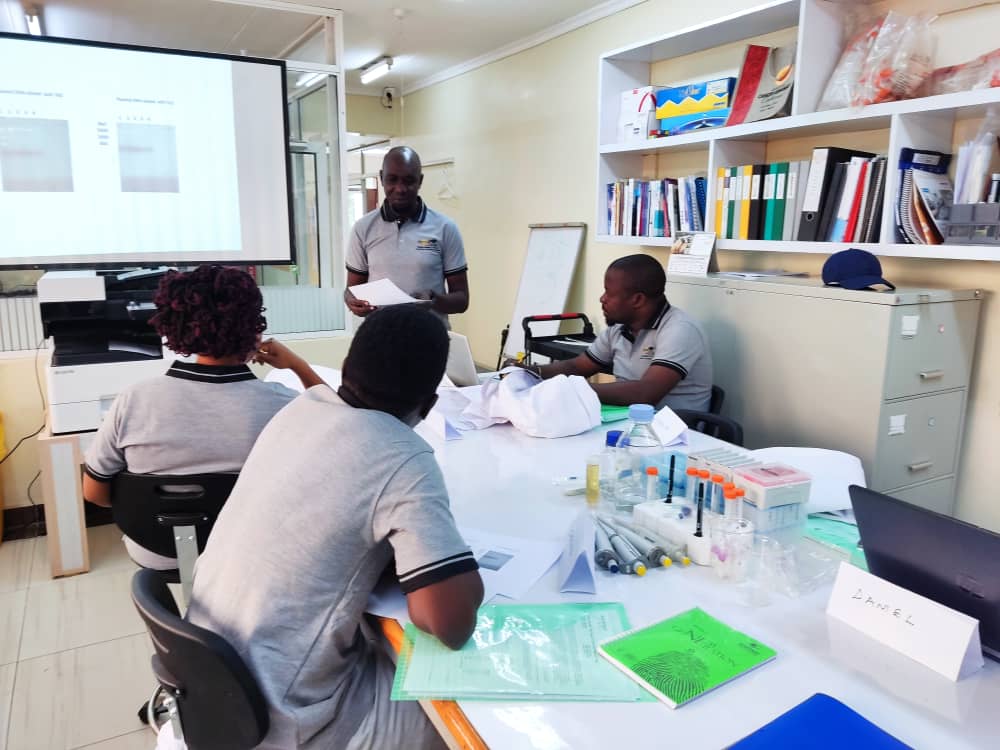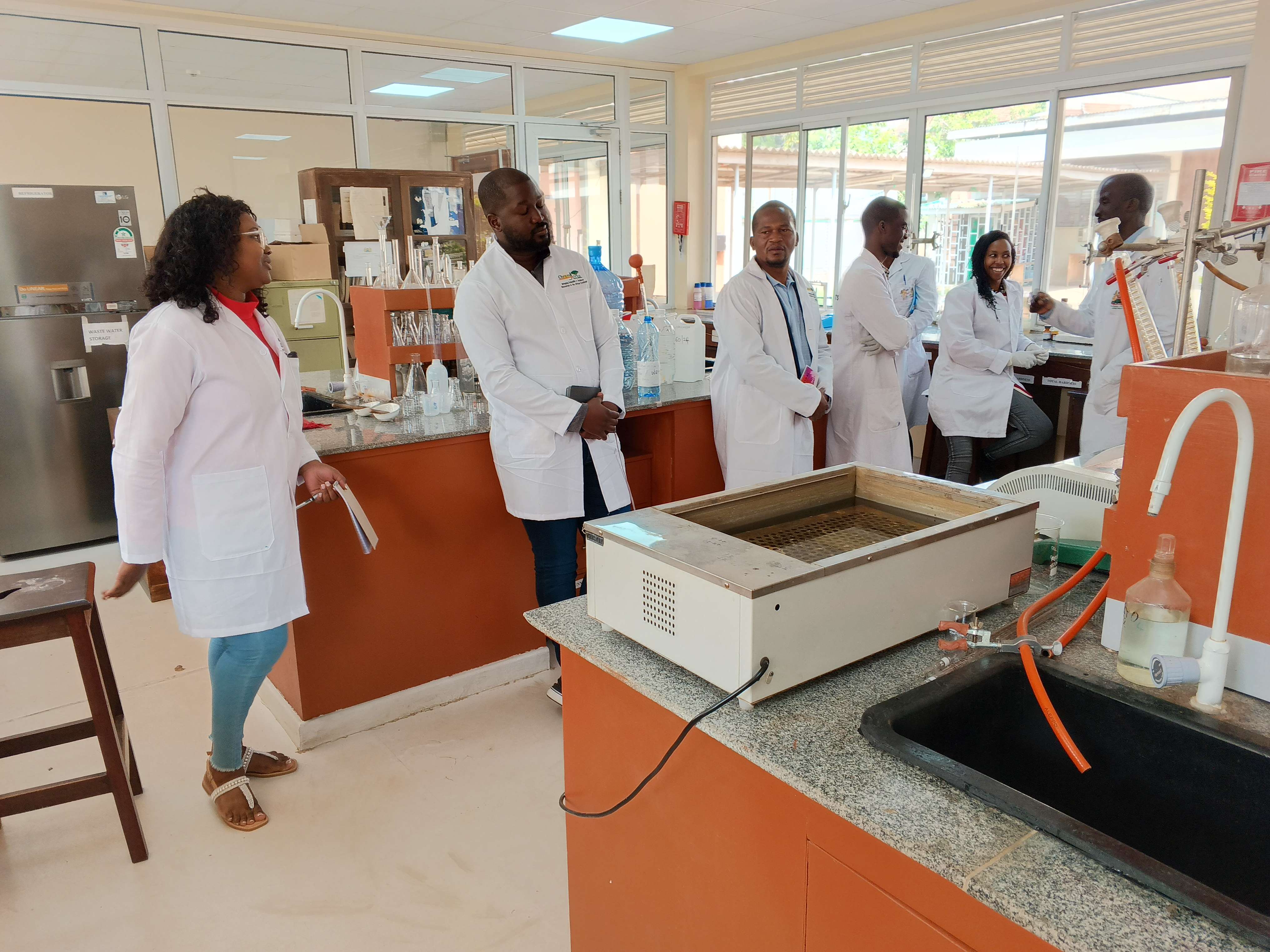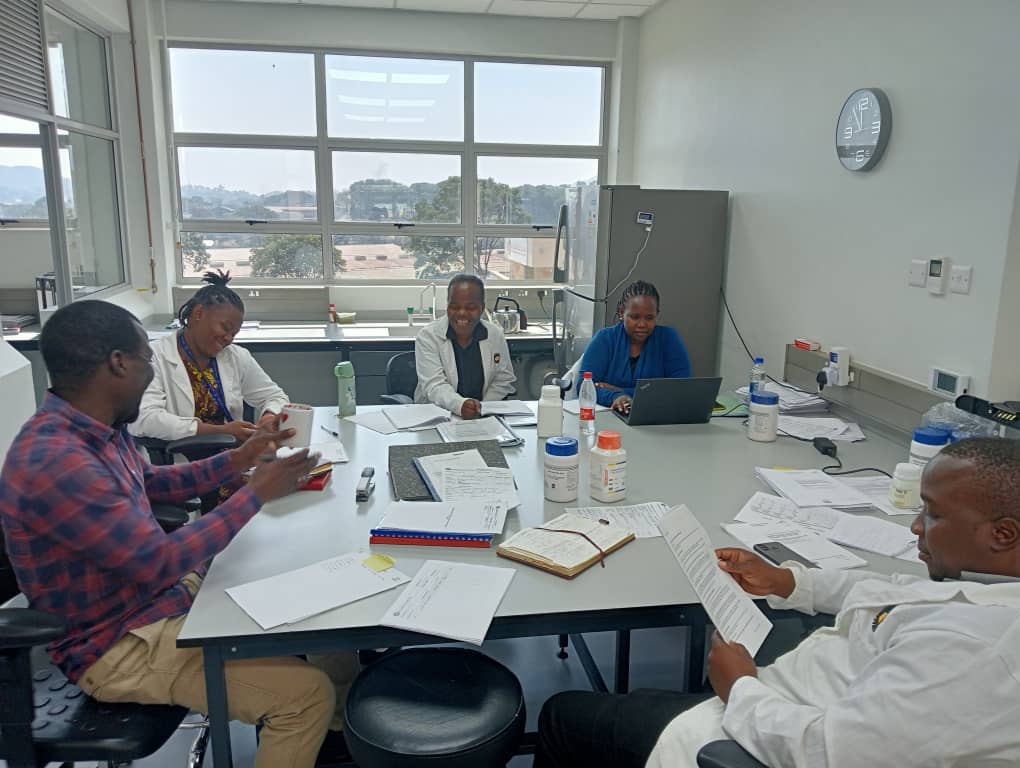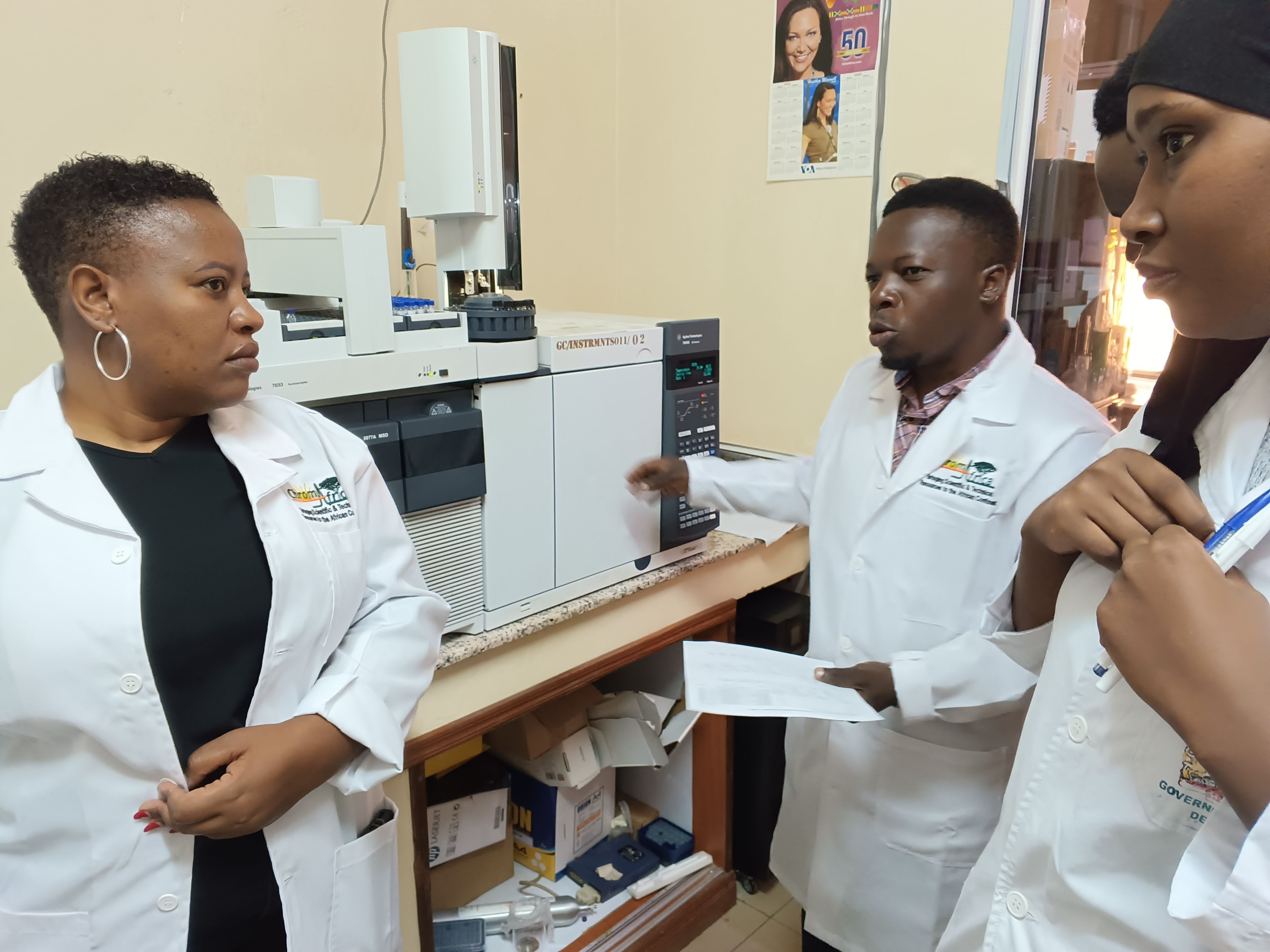Atmospheric Pressure Chemical Ionization (APCI) Theory
Atmospheric pressure chemical ionization (APCI) relies on the formation of a plasma of ions comprised, mainly, from the HPLC mobile phase components. The eluent molecules, which are in vast excess compared to the analyte, are ionized by the electron cloud around the corona discharge pin and act as the reagent gas in a chemical ionization process. Analyte molecules are ionized by this reagent gas plasma and are subsequently sampled into the nozzle-skimmer region of the mass spectrometer. This module introduces APCI concepts, explains the function of each component of the APCI interface, and investigates ways in which to optimize and troubleshoot the technique.
Topics include:
- Interface overview
- Suitable samples for APCI
- APCI interfacing details
- APCI nebulizer types
- APCI nebulizer gas flow
- APCI analyte ion declustering
- APCI ionization mechanisms
- APCI proton affinity
- APCI ionization - positive ion mode
- APCI ionization - negative ion mode
- APCI gas phase reactant ions
- APCI reagent gas formation
